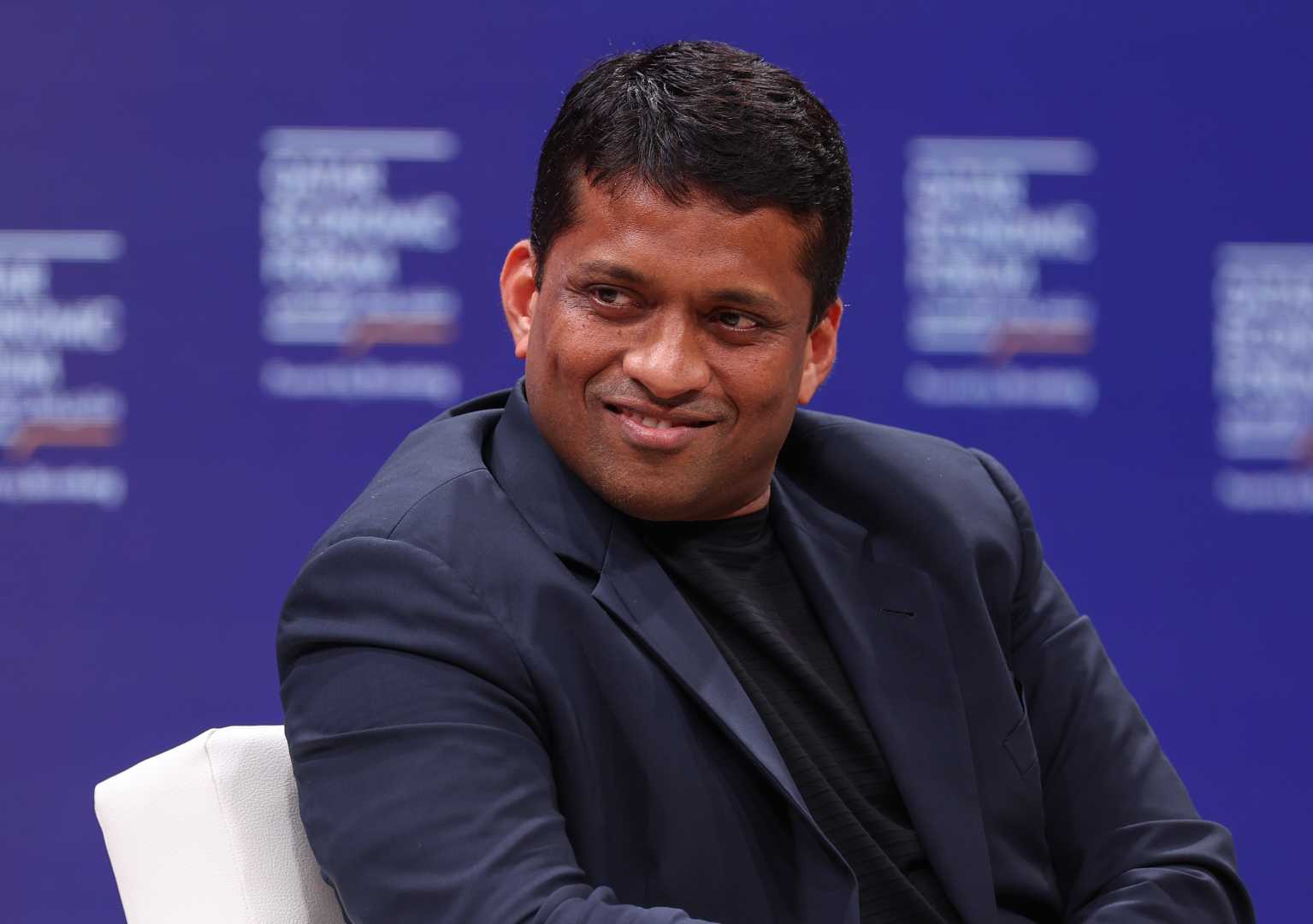News
Byju’s Founder Denies Allegations of Fraudulent Transfer of $533 Million

Byju Raveendran, the founder of Byju’s, a prominent Indian education technology company, has vehemently rejected allegations of orchestrating a fraudulent transfer of $533 million out of reach of lenders. The denial comes as the company faces serious financial scrutiny following a default on its US debts.
The allegations were brought into focus as a judge deliberated on the lenders’ claims of fraudulent transfer, which is central to a case taking place in the US Bankruptcy Court in Wilmington, Delaware. On the day of the court proceedings, Byju Raveendran provided, for the first time, an explanation in court regarding the destination of the funds that lenders allege have been relocated.
Raveendran asserted that the $1.2 billion loan obtained nearly three years ago was primarily purposed for international expansion, with over $200 million directed towards marketing expenses. These included significant sponsorships such as soccer’s FIFA World Cup in Qatar in 2022 and endorsement contracts with renowned footballer Lionel Messi as a brand ambassador. Furthermore, close to $300 million was spent to cover losses in the company’s Tangible Play businesses. However, a liquidity crunch adversely affected the anticipated returns from these investments, Raveendran claimed in his recent court filing.
The contentious $533 million, which lenders claim was transferred offshore, was used for what Raveendran described as a “legitimate commercial purpose.” In arguments presented to the court, the lenders, represented by their agent, Glas Trust Company, contended that Byju’s, along with Raveendran’s brother, and a Miami-based hedge fund previously managing the company’s funds, should be accountable for moving the money beyond creditor reach.
U.S. Bankruptcy Judge John Dorsey indicated a likelihood of ruling against the hedge fund involved but did not express how he might decide concerning Byju’s or Raveendran himself. The judge criticized the actions of Raveendran’s brother, Riju Ravindran, for moving portions of the funds in March of 2023, despite allegedly losing authority to perform such actions. “That seems like pretty much straight up fraud to me,” Dorsey noted.
Judge Dorsey was dismissive of Raveendran’s assertions, pointing out that the Byju’s founder had ample time to elucidate the whereabouts of the funds but chose not to. Meanwhile, the company and its legal representatives argued for more time to gather essential information, a plea that the judge seemed inclined to reject, declaring an intention to release a written decision shortly.
Legal representatives for the lenders allege account manipulation by Byju’s to obscure the true route the funds took. Ravi Subramanian Shankar, an attorney for Glas, accused the Raveendran brothers of “engaging in a game of charades” to hide the funds’ final destination.
A significant dispute persists over the control and allocation of the funds, with creditors asserting they were informed the money was unreachable. By contrast, Raveendran argued in his filing that he did not utter these words, attributing the quote to unverifiable notes made by lender representatives.
In his statement, Raveendran indicated that, post-loan acquisition, Byju’s expedited use of the funds for international growth by partnering with OCI Ltd., a UK-based logistics firm. Similarly, OCI purportedly exercised its “right of set-off” against the Alpha Funds due to unreimbursed expenses.
Despite these claims, legal challenges continue, as creditors maintain that Byju’s initially transferred the $533 million to a minor Miami hedge fund before its redirection to OCI, under dubious financial arrangements.
The ongoing bankruptcy case is identified as BYJU’s Alpha Inc., 24-10140, and remains a critical point for the involved parties as deliberations and investigations proceed within the jurisdiction of the US Bankruptcy Court District of Delaware.












